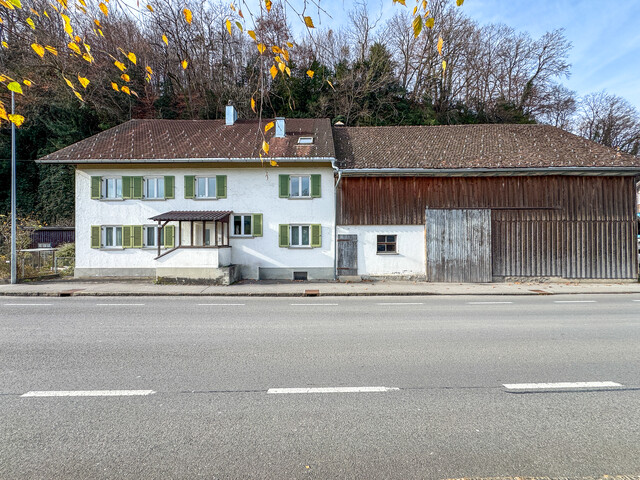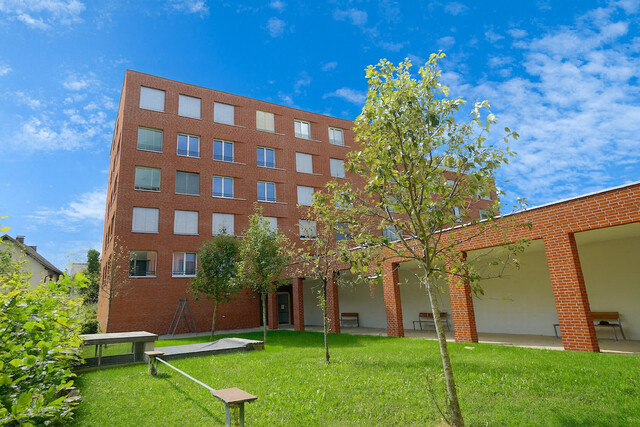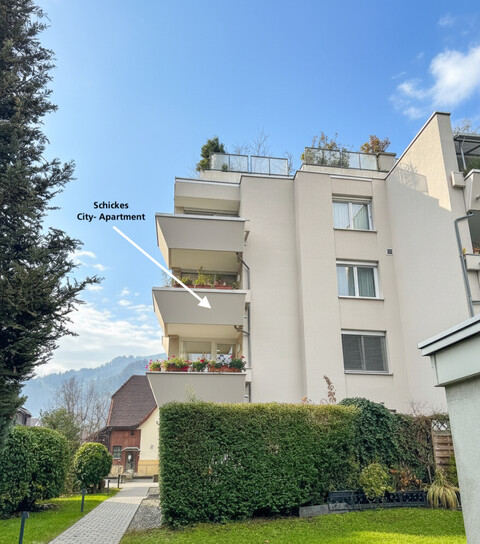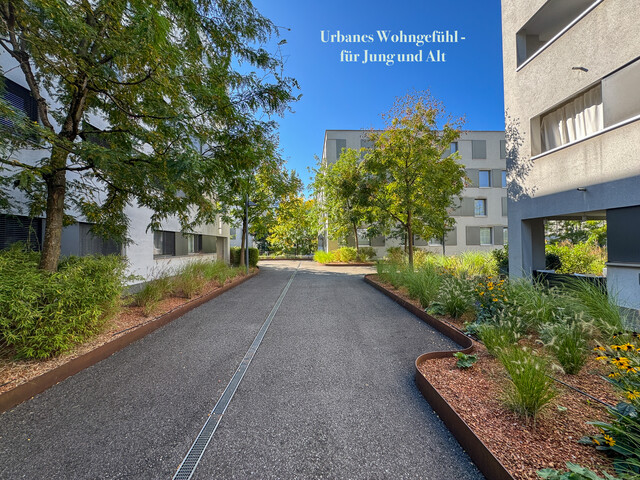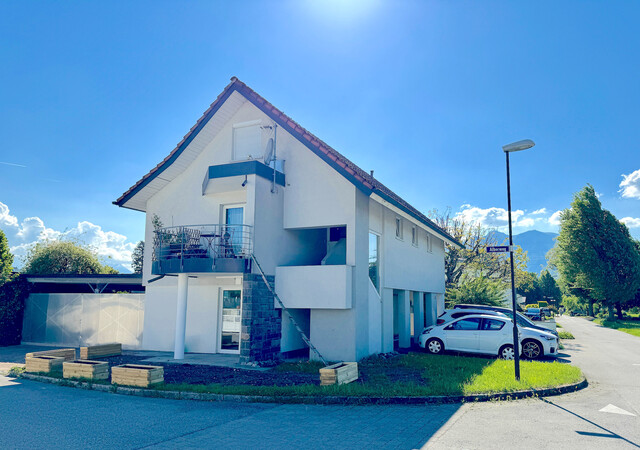Increase in Psychiatric Involuntary Commitments

In 2024, over 25,000 placements under the Placement Act (UbG) were reported across Austria. On average, about 770 people are forcibly in psychiatric facilities daily – mostly due to acute self-harm or harm to others.
According to the Adult Protection Association Representation Network, the risk of such placement in Tyrol or Styria is almost twice as high as in Vienna or Lower Austria. The average length of stay also differs significantly: while around eight days are estimated in Salzburg, the average in Vienna is just under 14 days.
High Numbers Among Minors
Particularly concerning is the development among children and adolescents: in 2024, almost 2,700 minors were placed. Since the beginning of the pandemic in 2020, the level has remained consistently high, according to the Representation Network.
Additionally, the number of repeated placements among young people is increasing. More and more of them are admitted five times or more per year – significantly more often than adults. Bernhard Rappert, head of the patient advocacy department, warns: "More repeated placements raise concerns that young people are being discharged too quickly and thus insufficiently stabilized due to bed pressure."
Restraints and Other Restrictions
In addition to the accommodation itself, further restrictive measures are also applied. For example, patients are restrained in rooms in acute situations, are not allowed to leave them, or are given sedative medications. According to the representative network, about one-third of those accommodated experience spatial restrictions, and around a quarter are restrained to the bed with belt systems.
A regional disparity is also noticeable here: In Carinthia and Tyrol, restraints are used significantly more often than in Lower Austria or Burgenland. Rappert emphasizes the need for professional exchange between clinics to analyze the causes of these differences.
New Legal Possibilities
For two years, an amendment to the Accommodation Act has been in force, which aims to strengthen the self-determination rights of those affected. Among other things, it allows medical treatments to be reviewed by a court in advance. In 2024, this option was used over 600 times. Most applications were approved.
"For those affected, it still feels different when they can express their concerns on an equal footing," emphasizes Rappert. The acceptance of treatments increases noticeably as a result.
(APA/Red)
This article has been automatically translated, read the original article here.
Du hast einen Hinweis für uns? Oder einen Insider-Tipp, was bei dir in der Gegend gerade passiert? Dann melde dich bei uns, damit wir darüber berichten können.
Wir gehen allen Hinweisen nach, die wir erhalten. Und damit wir schon einen Vorgeschmack und einen guten Überblick bekommen, freuen wir uns über Fotos, Videos oder Texte. Einfach das Formular unten ausfüllen und schon landet dein Tipp bei uns in der Redaktion.
Alternativ kannst du uns direkt über WhatsApp kontaktieren: Zum WhatsApp Chat
Herzlichen Dank für deine Zusendung.




